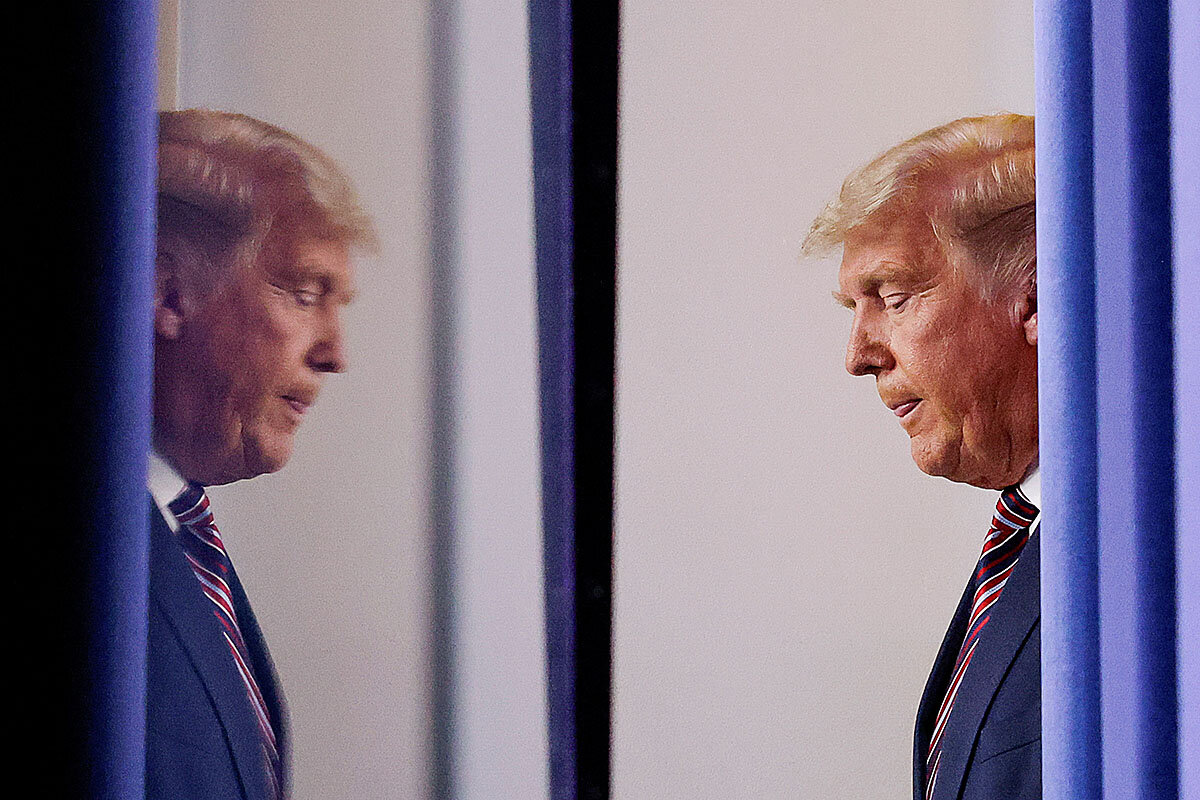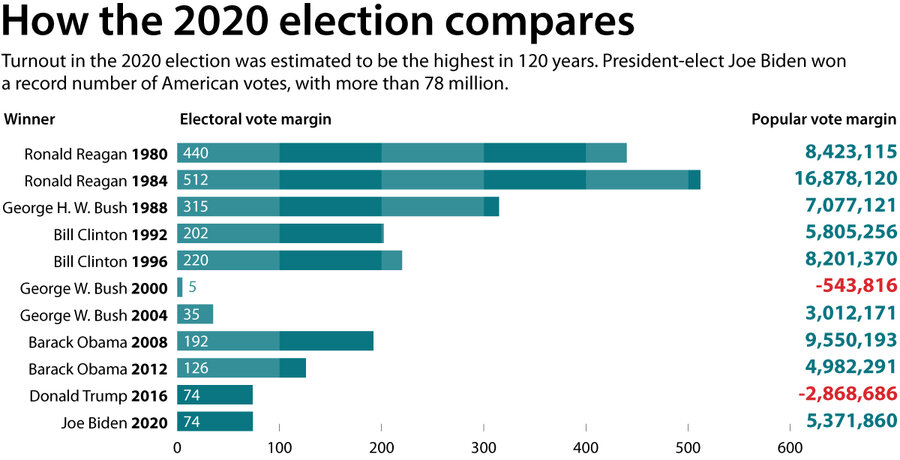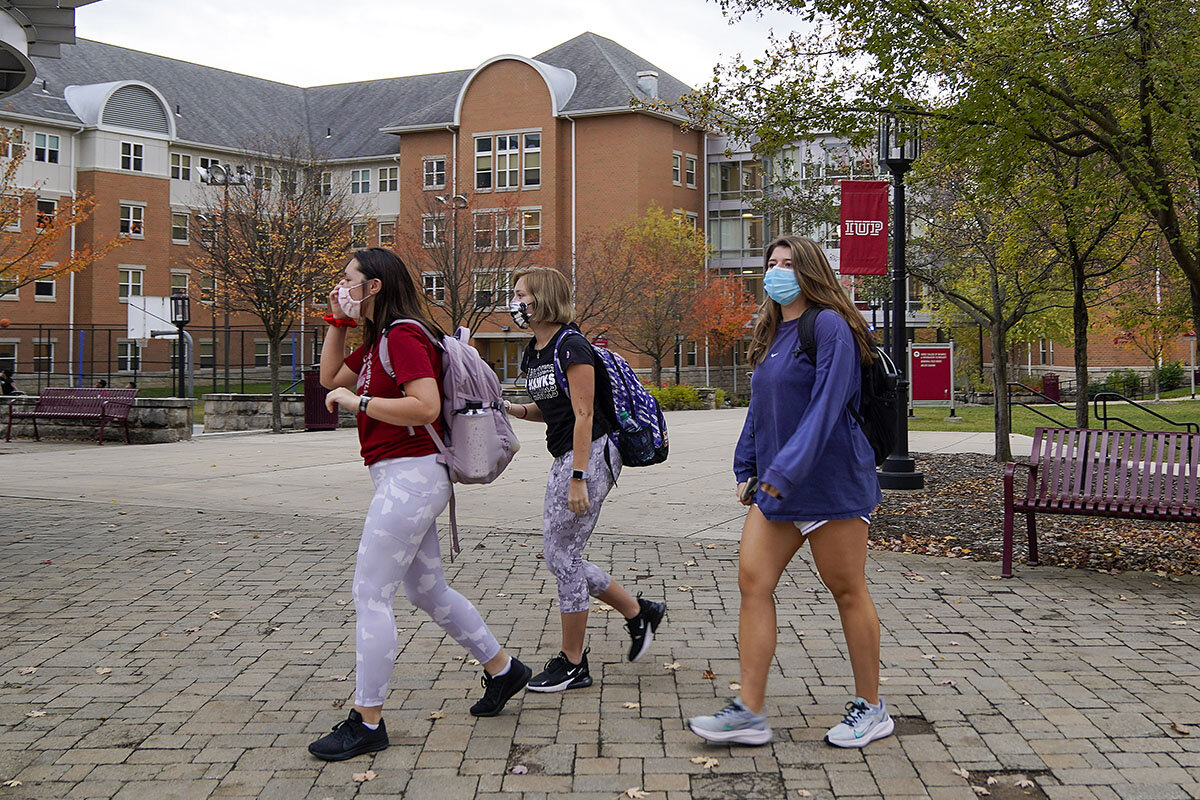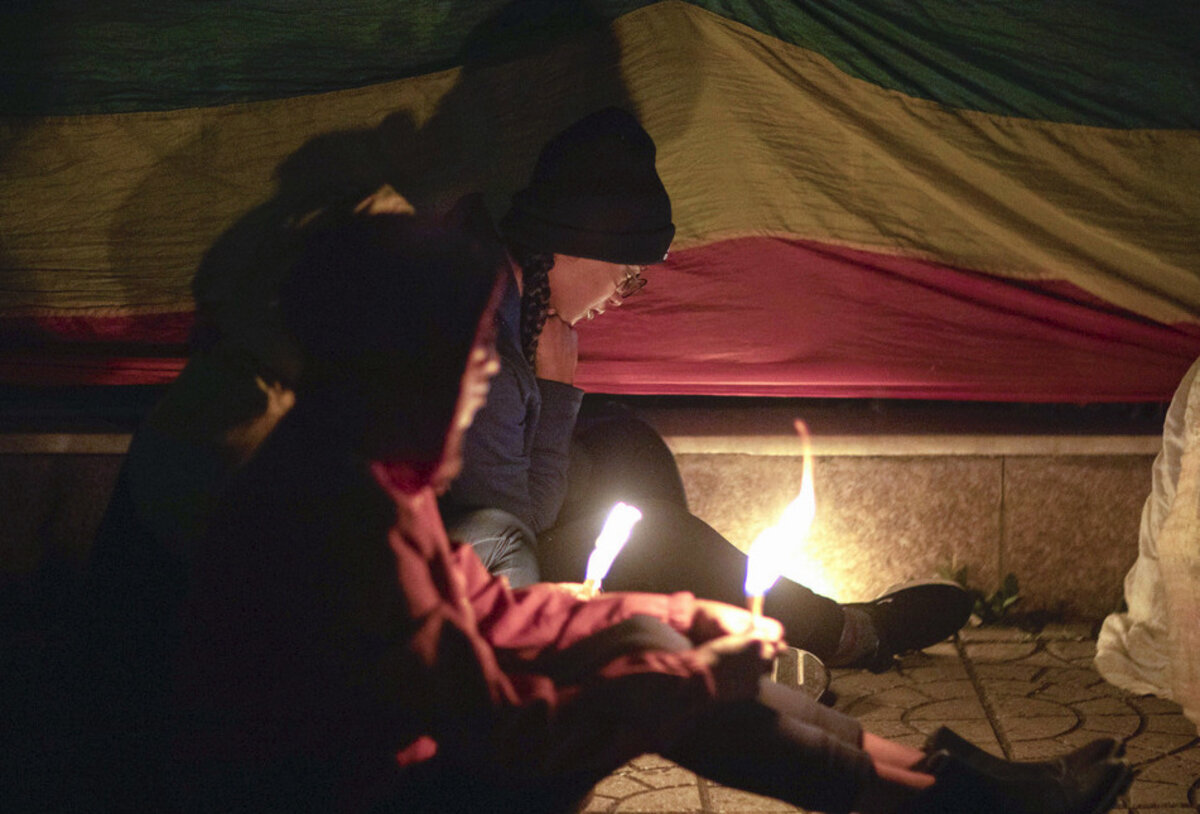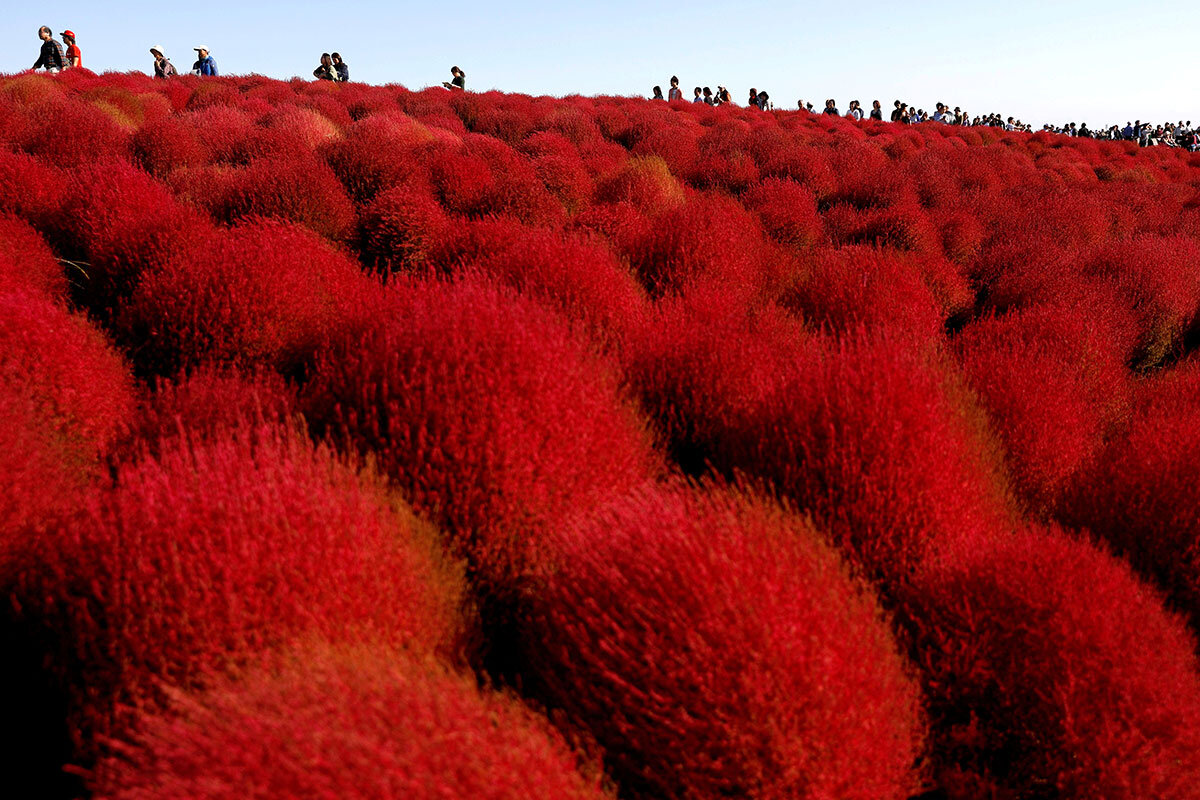Democracies thrive best when they protect minority interests. In Ethiopia, that condition has degraded in the past two years – ironically under the most pro-democracy leadership in the country’s history. Now Africa’s second-most-populous country has an armed conflict on its hands between a key minority, the ethnic Tigray who held power for decades, and a government trying to unify the country.
What happens next may determine if democratic reforms made since 2018 are uprooted and whether the Horn of Africa – already fragile – becomes more unstable.
The fighting in Tigray cannot be ignored. Amnesty International confirmed that “scores, and likely hundreds” of civilians were killed in a massacre in the town of Mai-Kadra in the northern province of Tigray on Monday. And since conflict broke out Nov. 4, some 11,000 refugees have crossed into Sudan and another 20,000 are at the border.
It is too soon to say whether Ethiopia is descending into full-scale civil war. Information from Tigray is difficult to obtain. The government has cut internet and telephone networks in the region. Air and land corridors have been shut. Prime Minister Abiy Ahmed has imposed a six-month state of emergency in Tigray and the federal parliament has appointed a new regional executive. An arrest warrant has been issued for Tigray’s elected leader, Debretsion Gebremichael.
A war in the heart of Africa’s horn could have wider consequences. The seat of the 55-member African Union, Ethiopia is the leading contributor of soldiers to peacekeeping missions in neighboring Sudan, South Sudan, and Somalia. And its conflict comes at a time of deepening tensions with Egypt over Ethiopia’s nearly-complete dam on the Blue Nile River.
“A protracted internal conflict will inflict devastating damage on both Tigray and Ethiopia as a whole, undoing years of vital development progress,” says United Nations High Commissioner for Human Rights Michelle Bachelet. “It could, in addition, all too easily spill across borders, potentially destabilizing the whole sub-region.”
Ethnic strife has been a stubborn source of instability in Ethiopia. In 1995, after decades of dictatorship, it adopted a constitution establishing a federal system that divided power between a national government and 10 ethnic regions. That structure provided stability and prosperity. But it belied underlying tensions. Federal power remained dominated by the Tigray, who comprise just 7% of the population.
That changed after Dr. Abiy was chosen as prime minister two years ago. He belongs to the Oromo, Ethiopia’s largest ethnic group, and holds a doctorate in peace and security studies. He has vowed to entrench democratic norms. But Tigrayans have felt increasingly aggrieved by his agenda. He has negotiated a peace deal with Eritrea that won him a Nobel Peace Prize but also sidelined the Tigrayan leadership (Tigray borders Eritrea). He reconfigured the ruling coalition into a new party to include minorities that had long felt left out. Prominent Tigrayan officials lost key positions in the shuffle.
The rift opened wider in September. After Dr. Abiy postponed national elections due to the COVID-19 pandemic, Tigray held its own regional ballot. The federal parliament ruled the election unconstitutional. Mr. Gebremichael, for his part, views the federal government, whose term expired in September, as lacking a mandate.
Prior to winning the Nobel prize, Dr. Abiy published a book entitled “Medemer,” an Amharic term translated variously as “addition” and “coming together.” That idea guided him in making peace across borders. The question now is whether he can apply it at home. To achieve peace and democracy, Ethiopian government must be based on more than a power balance of ethnic groups. Reversing the drift toward war and forging a shared national identity starts with finding new ways of achieving inclusiveness. Violence is not one of them.
 Linda Feldmann
Linda Feldmann




